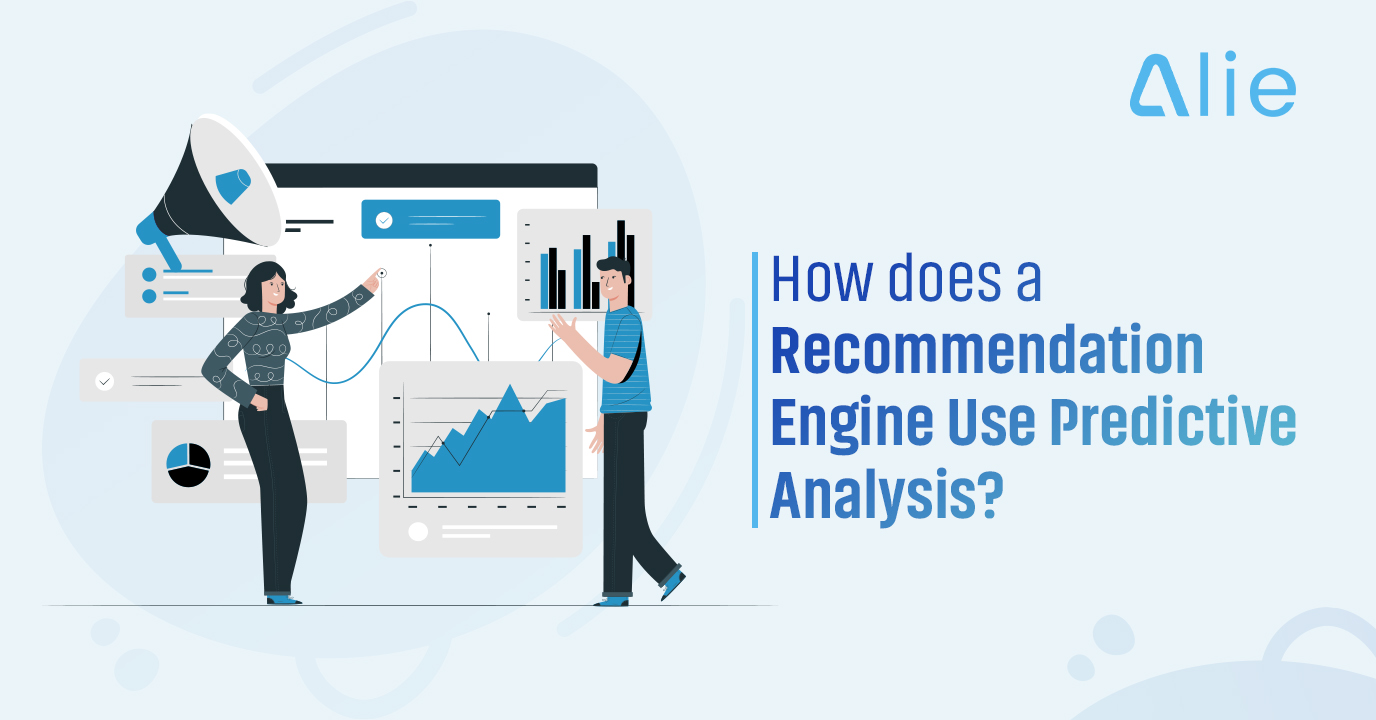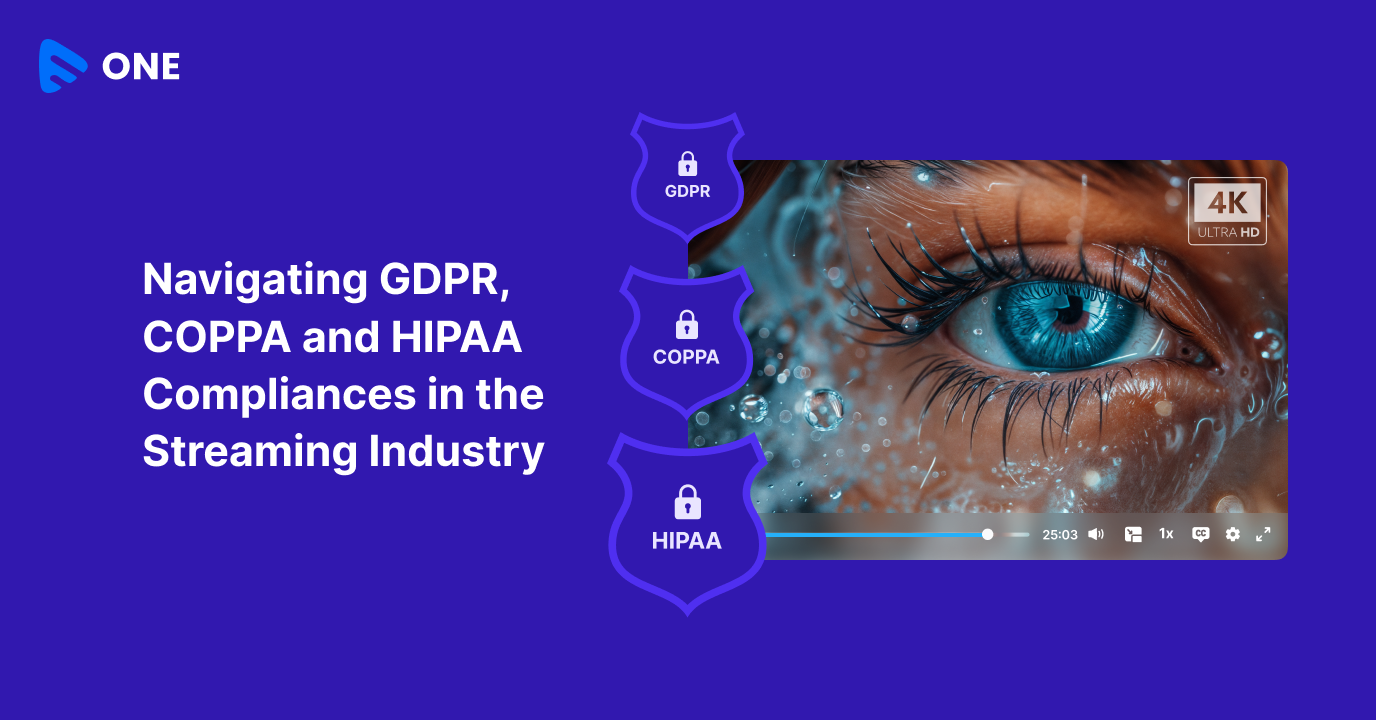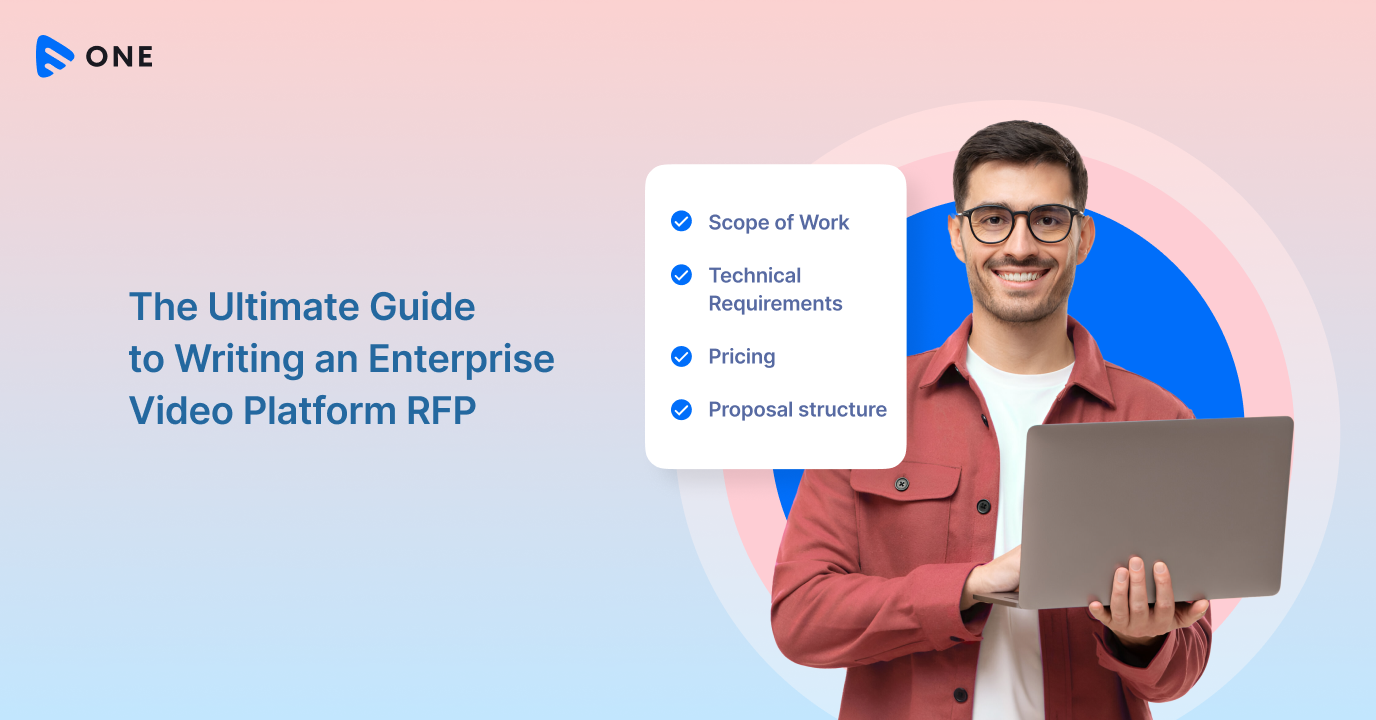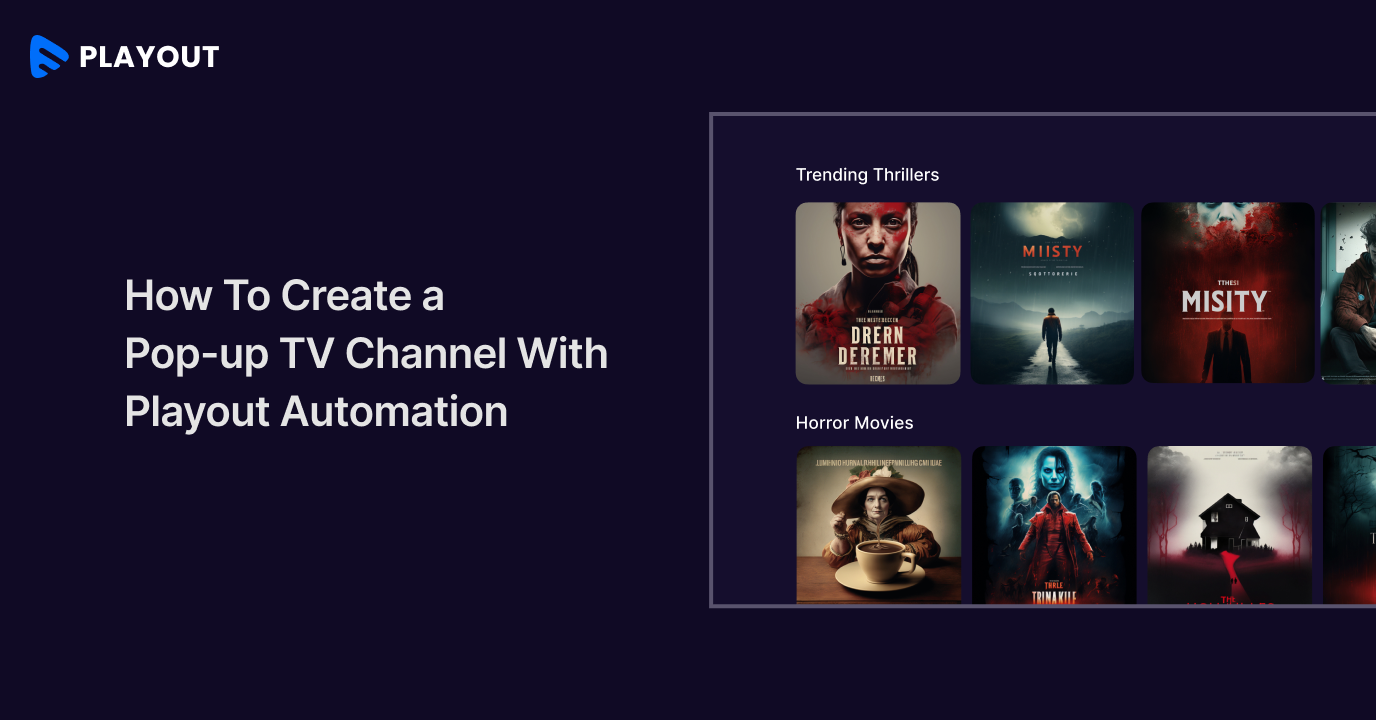The recommendation engine has become widely popular in the recent years owing to its unlimited benefits across diverse B2B SaaS businesses. A recommendation engine with predictive analysis can predict which type of products or services customers will be interested in, based on their historical data. This is no less than a blessing to increase the profitability of your digital store! Basically predictive analysis is what helps in increasing the customer lifecycle value for almost all the leading digital stores be it Netflix, Hulu, or Spotify. The secret to the most useful recommendations can often be found in advanced analysis of user preferences and predictive analysis is such a top-rated mechanism used in recommendation engines.
So, how does a recommendation engine actually use predictive analysis to provide the real-time recommendations to your customers? Let’s see!
Gathering Historical Information:
The simplest yet most effective way to predict the future preferences of a customer is observing the history of their preferences. The answer to what kind of digital products a customer will be interested in the future lies in the past preferences and purchases of the customer. For instance, if a Netflix user watches a lot of action series over there, a recommendation system will know that the user is into the action genre from the data collected. More the historical data, more precisely the predictive analysis can work on them to yield fruitful results.
While a recommendation engine feeds on the data related to user history including their preferences, likes and dislikes for various digital products, predictive analysis particularly analyzes the user preferences to come up with the most precise predictions. For instance, if a user prefers listening to pop and rock music over Spotify, then predictive analysis will enable a recommendation engine to suggest songs of these two musical genres to that user. No doubt, predictive analysis can enable a recommendation engine to make unbeatable real time recommendations for your customers.

Collaborating with Multiple Techniques:
Predictive analysis is not a single process but a collaboration of multiple techniques such as-
1. Data Mining-
Turning raw data into useful information
2. Data Modelling-
Developing a model with data related to user watch history, likes, dislikes, ratings, feedback etc. in order to predict the related future data
3. Artificial Intelligence-
Focusing on the visual preferences of customers in order to predict the most interesting and appropriate digital contents to users
and others. It is clear that a recommendation engine with predictive analysis is more efficient and precise owing to the incorporation of these advanced techniques which take the whole recommendation process to the next level.
Identifying Trends & Patterns:
A recommendation system which uses predictive analysis, not only has higher reliability in terms of accurate recommendations, but it is also more effective in identifying trends and patterns for various customers. If an user prefers to buy travel and sports related accessories on Amazon, predictive analysis will identify the pattern of likes and purchases for that user over a period of time, this in turn will enable a recommendation engine to come up with more relevant recommendations for the user. In a similar way, recommendation engines use predictive analysis to enhance the visibility of your digital contents, while increasing the customer engagement rate for your business further.
Benefits of Having a Recommendation Engine with Predictive Analysis
Predictive analysis enhances the functionalities of a recommendation engine manyfold due to its various advantages such as-
- Reduces customer dissatisfaction and increases customer retention rate
- Improves the quality of your customer life cycle
- Capable of preventing problems related to customer preferences
- Provides your B2B SaaS business with more competitive benefits
- Help you reduce costs and risks associated with your business
- Helps you in planning appropriate campaigns and other promotional activities
The Bottom Line
No matter whether you own a OTT platform or any digital store, a recommendation engine with predictive analysis is what can change your customer experience in a significant way. As the customer acquisition and retention rates are highly dependent on their satisfaction levels while using your products or services, predictive analysis is capable of increasing both the rates by providing premium experience to your customers. In a nutshell, if a recommendation engine is a must-have for your business, then predictive analysis has a major role in increasing its efficiency even more!
Muvi Recommendation system- Alie comes with predictive analysis based real time recommendation, advanced machine learning and deep learning algorithms, easy integration, and adaptability across diverse domains. Additionally, this AI-driven recommendation engine offers you unlimited data storage and pay per recommendation feature. Want to unleash its potential for your business? Take a 14-day free trial today!


















Add your comment